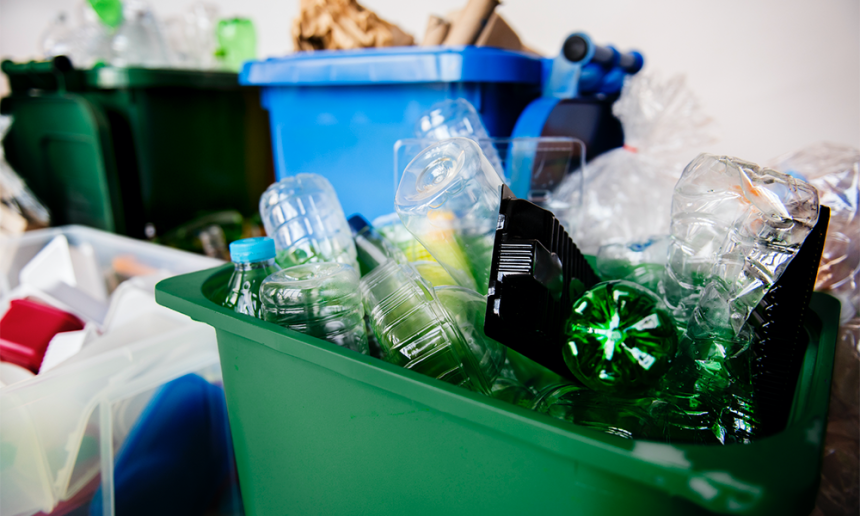The total plastic recycling industry capacity in 2020 in EU27+3 grew by 1.1Mt compared to the previous year. Plastics Recyclers Europe (PRE) says the figures show the industry is continuing a fast-paced effort towards reaching EU targets.
PRE says the growth in the plastic recycling sector, despite the difficulties the pandemic presents, is driven by new legislative targets.
PET, flexible PO, and rigid HDPE & PP retain the largest share of the overall plastic recycling capacity, representing almost 80%, PRE says. It says Germany, Italy, Spain, France, and the UK have the highest capacities for plastic waste recycling.
Plastics recycling in Europe is a rapidly growing sector representing over €7.7 billion in turnover
Rigid HDPE & PP registered the highest increase in recycling capacities, with a rate of over 20%, while for flexible PO it grew by roughly 10%. PRE says that fast-paced technological developments in collection, sorting and recycling were among the factors that facilitated these developments.
Plastic Recyclers Europe President, Ton Emans, said: “New business models open a wide array of opportunities in our industry. This is the case for film to film recycling – once deemed difficult and today a testament of the market maturing.”
PRE says that European recyclers are an essential in addressing plastic waste and play a significant role in contributing towards a carbon-neutral Europe, which is demonstrable through the industry’s €7.7 billion turnover and a total of 9.6 million tonnes of installed recycling capacity.
PRE contends that comprehensive legislative support would unlock additional collection and high-quality sorting tonnages while incentivising investments in recycling technologies & infrastructures leading to a tripling of plastics recycling capacities by 2030.
